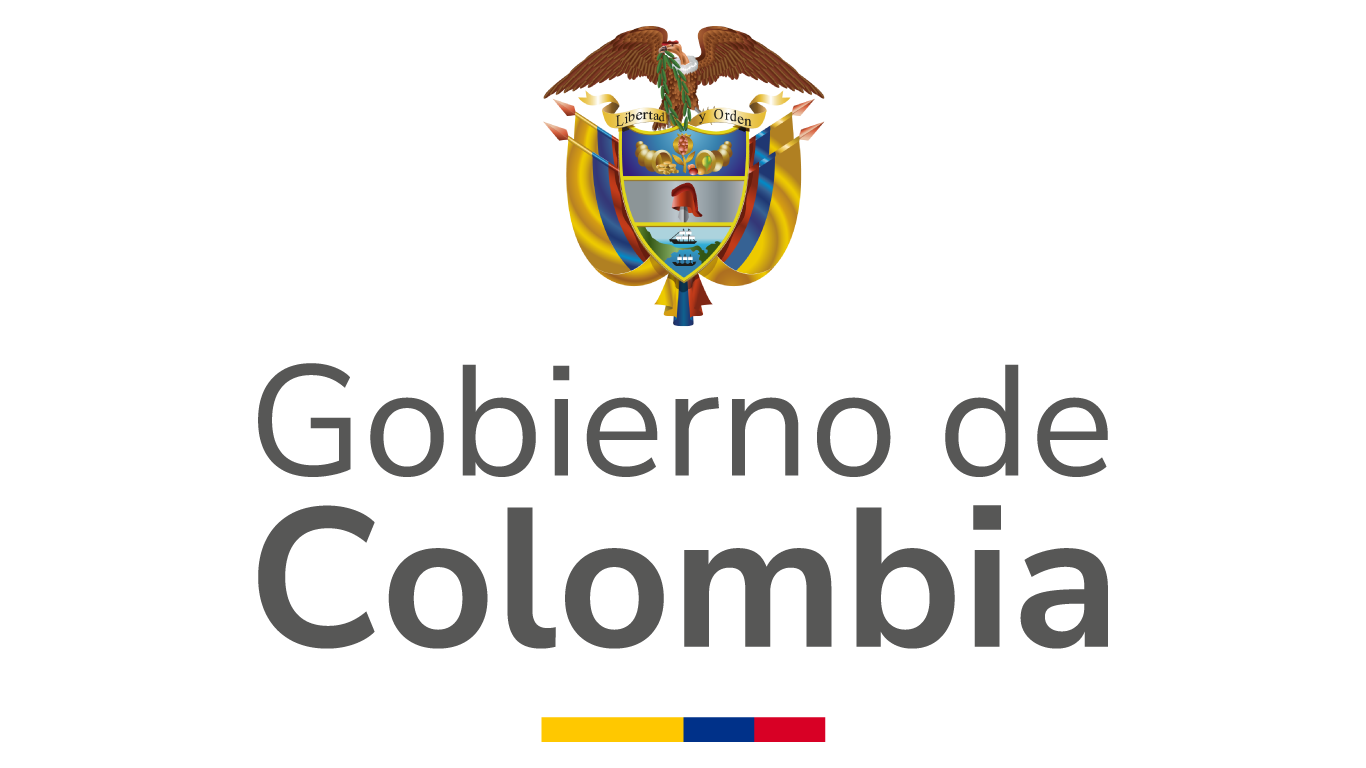
Desertification is understood to be the degradation of dry zones due to climate and human activity. The effects of desertification directly affect activities such as animal husbandry and crop farming, and water, human settlements, biodiversity, amongst other things. In Colombia, 78.9% of the dry zones have some degree of desertification, and therefore work is being done to introduce e plans and policies to mitigate the degradation of the soil.
The principal tool for public policy to address the problems related to desertification and degradation of soil is the National Action Plan for the Fight against Desertification (PAN). The Plan sets out guidelines to hold the degradation of soils and its consequences on environmental, social and economic dimensions.
Likewise, as a country which is party to the United Nations Convention for the Fight Against Desertification (UNCCD), Colombia has presented four reports on the implementation of the Convention, and on the state of its dry zones, with regard to processes of desertification and degradation, the most recent of which was made in 2012.
In 2007, the Convention established a 10-year strategy (2008-2018), to provide a worldwide framework to support the preparation of policies, programmes and measures for the reduction of property, and in turn improve the implementation of UNCCD.
In the context of UNCCD negotiations, Colombia has been notable for its leadership, and was indeed elected Chairman of the Regional Executive Committee of the Convention during the most recent Conference of the Parties, held in Namibia in September 2013. Colombia is also one of the representatives of the Region in the Intergovernmental Group of Experts in the follow-up of the United Nations Conference on Sustainable Development, set up by UNCCD.
The next Conference of Parties to the UNCCD will be held in 2015.










